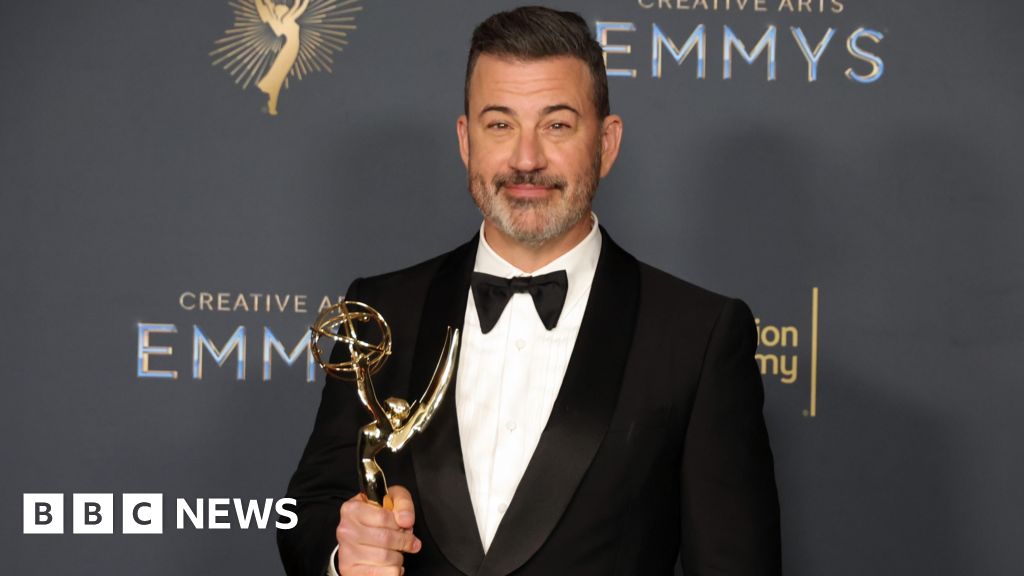Introduction to the FCC and TV Licensing
The Federal Communications Commission (FCC) is a US government agency responsible for regulating television and radio broadcasts. Recently, President Donald Trump suggested that TV networks that give him "bad advertising" could have their licenses taken away. This statement has raised questions about the FCC’s role in regulating content and whether it can actually revoke broadcast licenses.
What is the FCC and What Does it Regulate?
The FCC was created in 1934 to regulate radio and later television broadcasts. It has the authority to regulate local television and radio stations, but it generally does not regulate cable or satellite TV channels or online content. The Commission sets rules for sponsor disclosure, emergency broadcasts, and content related to obscenity and decency. It also oversees internet access and reviews mergers and acquisitions of telecommunications companies.
Can the FCC Regulate Content?
The FCC does not have the authority to regulate content on national networks like NBC, ABC, CBS, and FOX. However, it can regulate local outlets that broadcast news, sports, and other programs. The Commission can also enforce rules related to decency and obscenity, but it does not have the power to censor content.
The FCC’s Role in Licensing
The FCC issues licenses to television and radio stations, which are required to operate in the public interest. However, the agency is legally prevented from preventing a certain point of view. This means that the FCC cannot revoke a license simply because it disagrees with the content being broadcast.
The Case of Jimmy Kimmel
Recently, Jimmy Kimmel, a late-night TV host, made comments about President Trump and his supporters. The FCC chairman, Brendan Carr, suggested that the agency could explore "remedies" against Kimmel’s network, ABC. This led to Nexstar, a company that owns dozens of local stations, announcing that it would no longer broadcast Kimmel’s show. The decision was criticized as an example of government pressure on the media.
The Fairness Doctrine
In the past, the FCC enforced a rule known as the fairness doctrine, which required stations to present different points of view on controversial issues. However, this rule was eliminated in 1987, and there is no longer a requirement for balanced reporting on most topics.
Can the FCC Cancel a Broadcast License?
The FCC rules require local stations to operate in the public interest, but the agency is generally reluctant to revoke licenses. Experts say that the rules are broad and give the agency considerable discretion. However, the FCC has not revoked a license in decades, and it is unlikely to do so in the future.
Conclusion
The FCC plays an important role in regulating television and radio broadcasts, but its authority is limited. While it can regulate local stations and enforce rules related to decency and obscenity, it does not have the power to censor content or revoke licenses simply because it disagrees with the views being expressed. The case of Jimmy Kimmel highlights the tension between the government’s desire to regulate the media and the need to protect free speech.

